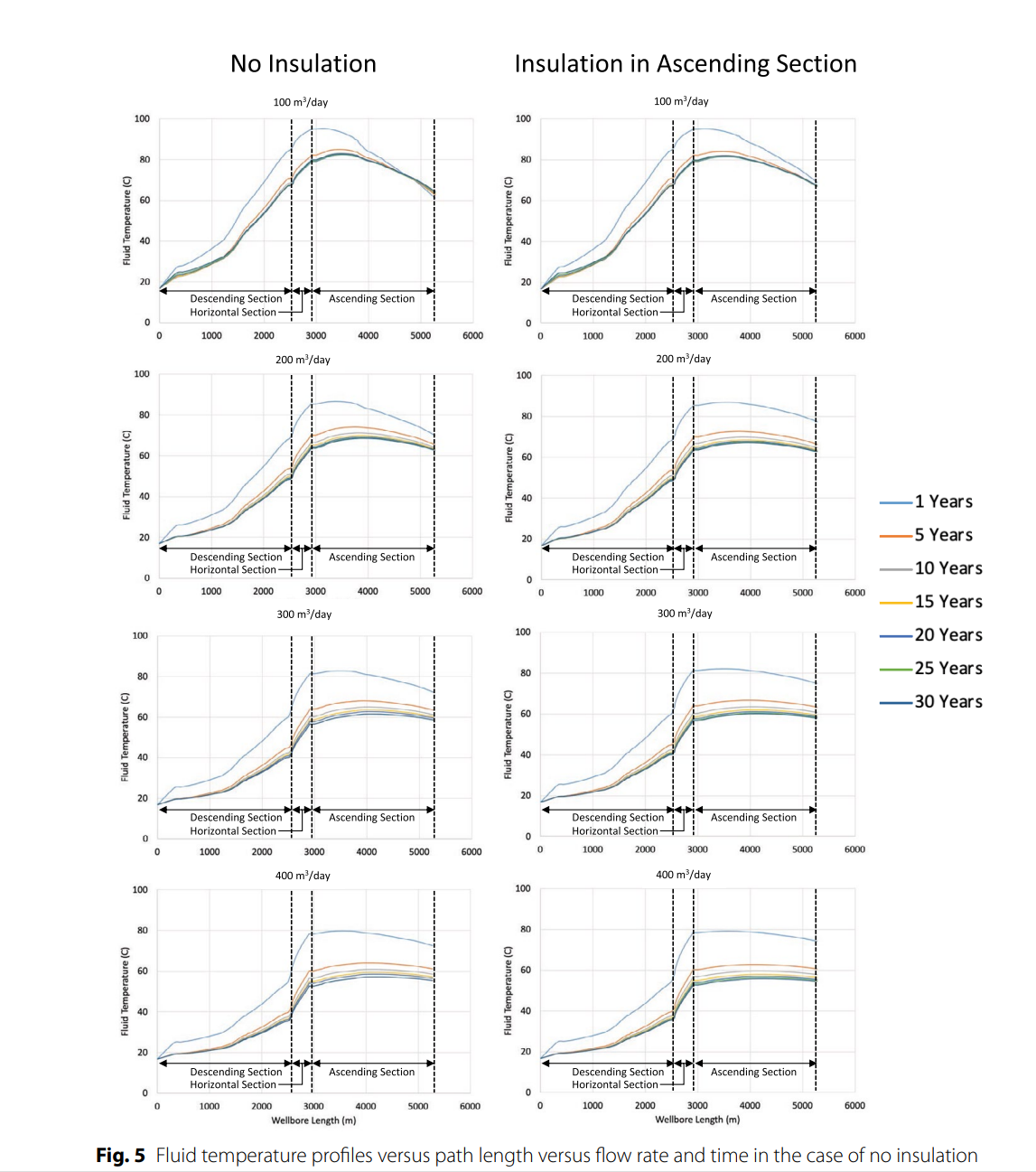Understanding the Loan LTV Ratio: How It Affects Your Mortgage Approval and Interest Rates
#### What is Loan LTV Ratio?The **Loan LTV Ratio** (Loan-to-Value Ratio) is a financial term that represents the ratio of a loan amount to the appraised val……
#### What is Loan LTV Ratio?
The **Loan LTV Ratio** (Loan-to-Value Ratio) is a financial term that represents the ratio of a loan amount to the appraised value of the property being financed. It is a critical metric used by lenders to assess the risk of a mortgage loan. A higher LTV ratio indicates a higher risk for the lender, as it means the borrower is financing a larger portion of the property’s value.
#### Importance of Loan LTV Ratio in Mortgage Approval
When you apply for a mortgage, one of the first things lenders will evaluate is your **Loan LTV Ratio**. This ratio plays a significant role in determining whether you will be approved for a loan and what interest rate you will receive. Generally, lenders prefer a lower LTV ratio, as it suggests that the borrower has more equity in the property, which reduces the lender's risk.
For example, if you are purchasing a home valued at $200,000 and you make a down payment of $40,000, your loan amount would be $160,000. To calculate the LTV ratio, you would divide the loan amount by the property value:
\[ LTV = \frac{Loan Amount}{Property Value} = \frac{160,000}{200,000} = 0.8 \text{ or } 80\% \]

In this case, the **Loan LTV Ratio** is 80%, which is generally considered acceptable by most lenders. However, an LTV ratio above 80% may require you to pay for private mortgage insurance (PMI), which adds to your monthly costs.
#### How Loan LTV Ratio Affects Interest Rates
The **Loan LTV Ratio** not only influences your chances of mortgage approval but also significantly impacts the interest rates you may be offered. Lenders typically offer better rates to borrowers with lower LTV ratios because they are considered less risky. Conversely, if your LTV ratio is higher, lenders may charge a higher interest rate to compensate for the increased risk.
For instance, a borrower with a 70% LTV ratio might receive a 3.5% interest rate, while another borrower with a 90% LTV ratio might face a rate of 4.5%. Over the life of a loan, even a small difference in interest rates can result in substantial savings or costs.
#### Strategies to Improve Your Loan LTV Ratio

If you're concerned about your **Loan LTV Ratio**, there are several strategies you can employ to improve it:
1. **Increase Your Down Payment**: The most straightforward way to lower your LTV ratio is to make a larger down payment. This reduces the loan amount relative to the property's value.
2. **Choose a Less Expensive Property**: If your budget allows, consider purchasing a home that is less expensive. This will lower the loan amount and, consequently, your LTV ratio.
3. **Increase Property Value**: If you already own a home, making improvements can increase its appraised value. This can help lower your LTV ratio if you decide to refinance.
4. **Pay Down Existing Mortgage**: If you have an existing mortgage, making extra payments can help reduce your loan balance, thereby improving your LTV ratio.

#### Conclusion
Understanding the **Loan LTV Ratio** is essential for anyone looking to secure a mortgage. It not only affects your chances of approval but also determines the interest rates you’ll pay over the life of the loan. By keeping your LTV ratio low, you can enhance your financial standing and save money in the long run. Always consult with a financial advisor or mortgage professional to understand how your specific situation may affect your LTV ratio and overall mortgage options.